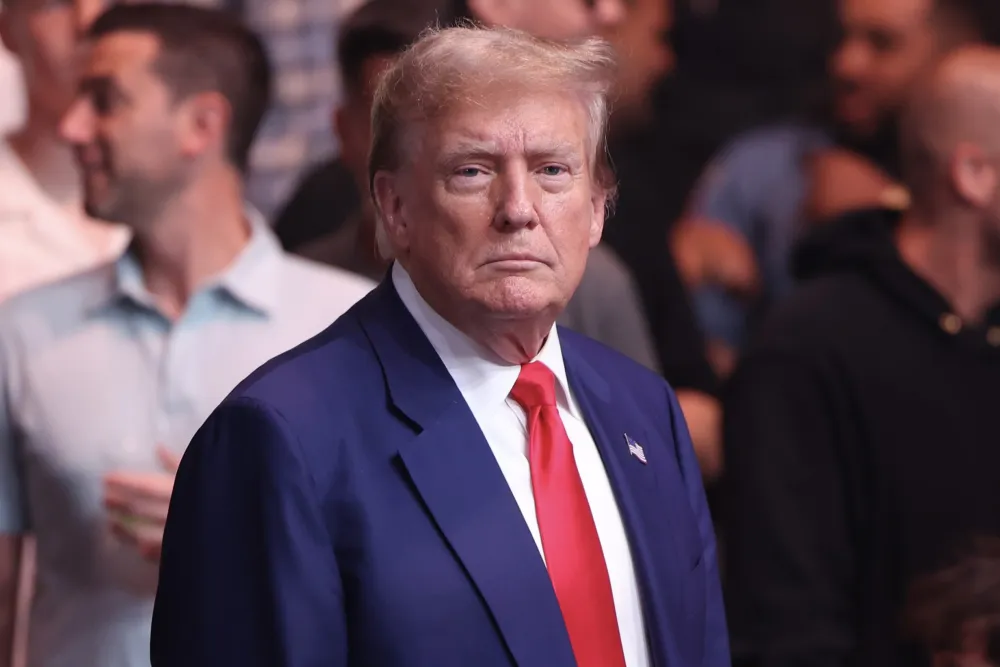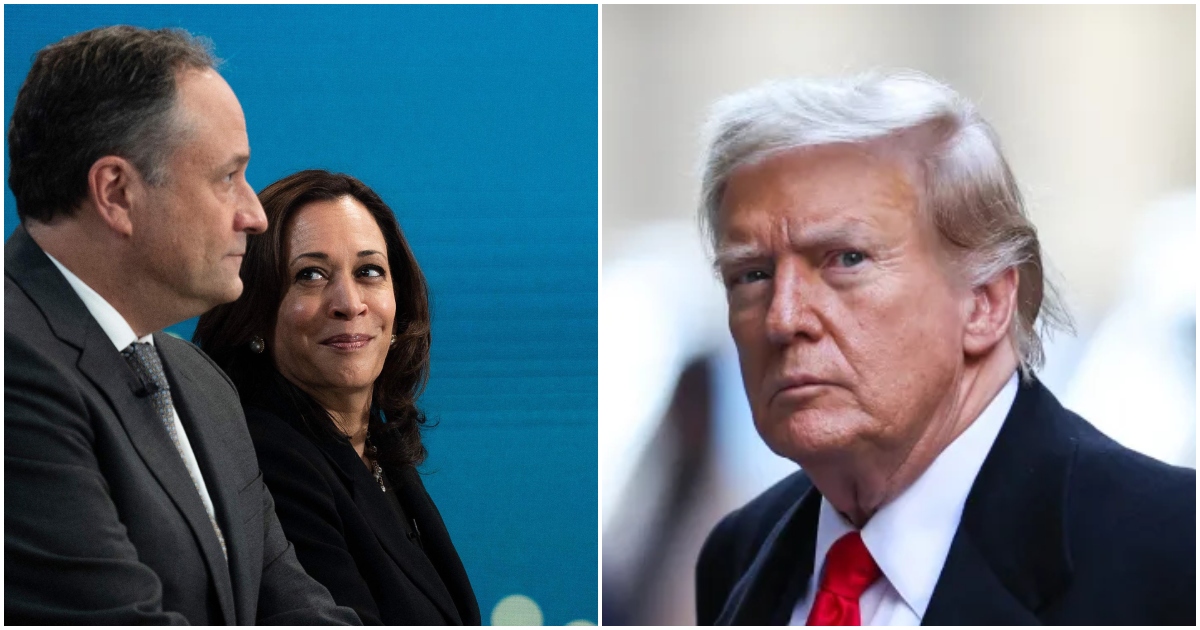Energy Cabinet Secretary Davis Chirchir now says that the government has limited control over the skyrocketing fuel prices.
Speaking before the National Assembly’s Energy Committee, Chirchir said an increase in fuel prices is as a result of global factors that are currently impacting the energy sector which is beyond the control of the government.
“We’re dealing with several governments as suppliers of these products and we’re likely to even be going to harder times because these are prices from OPEC, and there’s nothing much we can do about them,” he stated.
READ ALSO: Fuel prices shoot to historic level amid high cost of living
His statement comes a day after the Energy Petroleum Regulatory Authority (EPRA) reviewed its new fuel prices upwards by Sh16.96 for petrol, diesel (Sh21.32), and kerosene (Sh33.13).
“The average landed cost of imported Super Petrol increased by 4.80% from US$739.21 per cubic metre in July 2023 to US$774.67 per cubic metre in August 2023; Diesel increased by 12.52% from US$701.99 per cubic metre to US$789.89 per cubic metre while Kerosene increased by 19.79% from US$690.58 per cubic metre to US$827.26 per cubic metre,” announced EPRA.

Additionally, he noted the removal of fuel subsidies by the Kenya Kwanza government, also contributed to the shoot in the prices of fuel.
READ ALSO: Moses Kuria: Expect fuel prices to go up by KSh 10 every month
Trade Cabinet Secretary Moses Kuria also warned of continuous fuel price hikes due to rising global crude prices, with an expectation of a Ksh 10 increase each month until February next year.

“Global Crude Prices are on an upward trajectory. For planning purposes expect pump prices to go up by Ksh 10 every month till February,” he posted on his X app account.
The price hikes are primarily attributed to the expenses associated with importing petroleum products, and these new prices are effective from September 15, 2023, to October 14, 2023.









